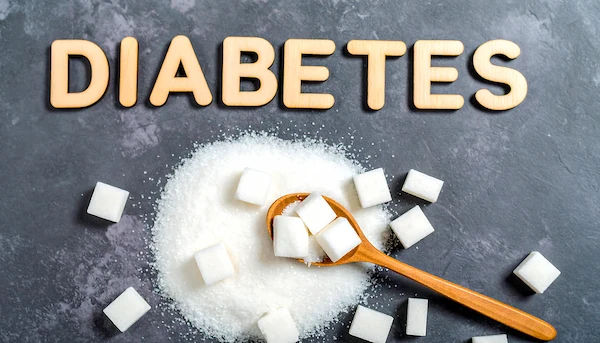- female
- 50 Years
- 31/03/2021
Are eggs high in estrogen?
Answered by 1 Apollo Doctors
No
Dr. Dr Khaleel Suggests...
Consult a Endocrinologist
Answered 04/07/2025
0
0

Ask Apollo
AI powered Health Chatbot
Eggs do not contain high levels of estrogen. Here's what you should know:
-
Natural Hormones in Eggs:
a. Eggs contain very small amounts of natural hormones.
b. These are not significant enough to affect your body's estrogen levels. -
Diet and Estrogen:
a. Foods like soy products contain plant-based estrogens (phytoestrogens).
b. Eggs are not a source of these. -
For a 50-year-old Female:
a. Hormonal changes occur naturally at this age.
b. Eating eggs will not increase estrogen levels or interfere with hormone balance. -
General Health:
a. Eggs are a good source of protein and nutrients.
b. They can be part of a healthy diet.
If you have specific concerns about hormone levels or diet, discussing with your healthcare provider can provide personalized advice.
Answered 20/08/2025
0
0

More Endocrinology Health Queries
View allI've just had an IUI treatment and I'm wondering what activities I should avoid afterwards. Are there specific things I should be doing instead? And how many days of rest are generally recommended? I'm feeling a bit uncertain and would love some guidance.
avoid intercourse for 2 days, and avoid junk foods
Answered by 1 Apollo Doctors
I have a 5mm benign adrenal tumor and allopathy doctors are suggesting surgery but I'm wondering if homeopathy can help dissolve it instead is that a safe option or should I stick to surgery
Surgery is not advised in 5mm benign adrenal gland tumor.
Answered by 1 Apollo Doctors
I'm a 17-year-old guy and I'm really concerned because my left nipple is totally normal, but my right one is really big, like even bigger than some women's. I'm not sure what to do about it. Can you give me some advice?
kindly consult a surgeon for further treatment
Answered by 1 Apollo Doctors
Disclaimer: Answers on Apollo 247 are not intended to replace your doctor advice. Always seek help of a professional doctor in case of an medical emergency or ailment.

 Are eggs safe for hormone-sensitive conditions?
Are eggs safe for hormone-sensitive conditions? 

